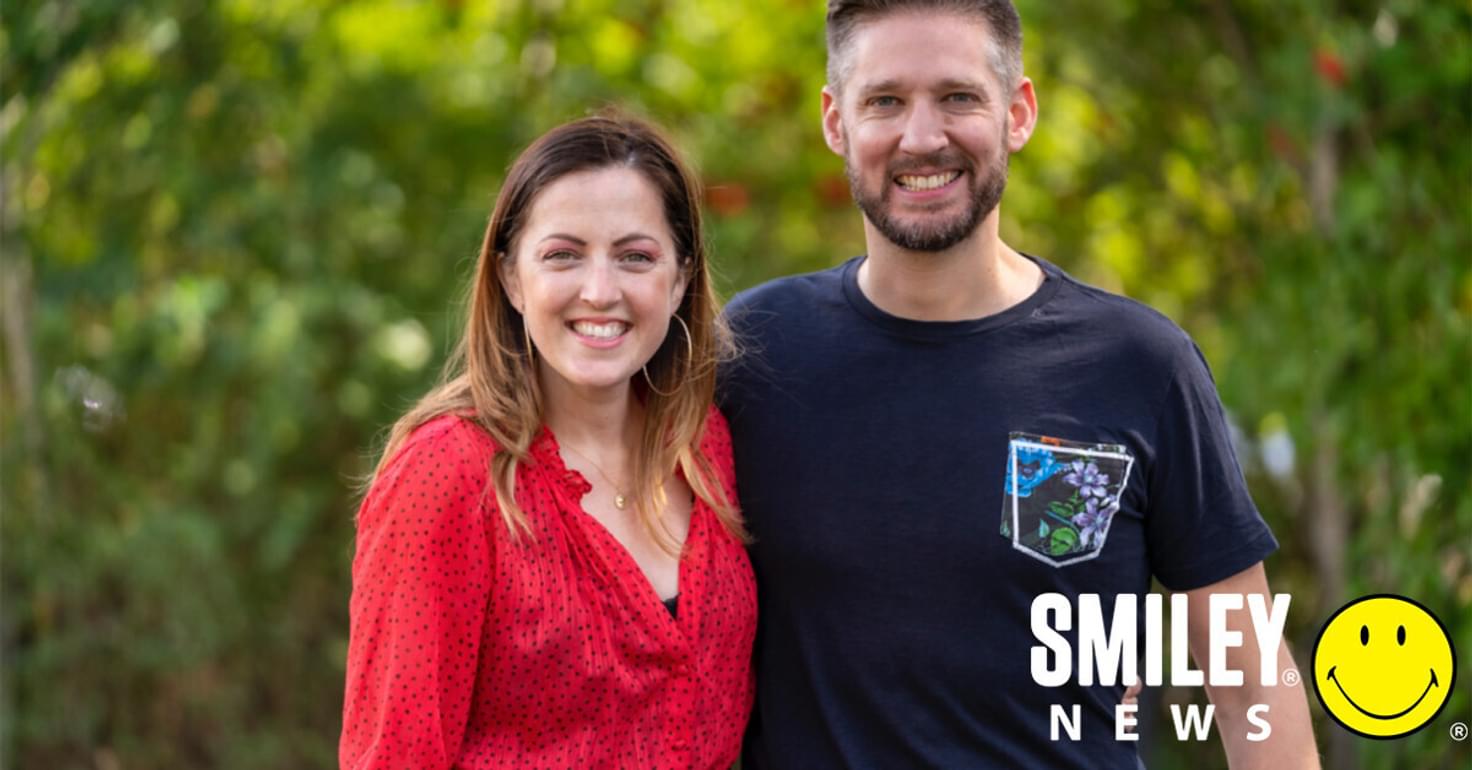
Words by Smiley Team
At the age of 44, Kelly Grainger was diagnosed with autism – after both his children had been diagnosed.
When he told his boss, he was laughed at and told, 'You don't look autistic'. The reaction was so negative, Kelly decided no-one else should have the same experience. His wife, Hester, 44, is also neurodivergent having been diagnosed with ADHD when she was 43.
Both Hester and Kelly feel their autism diagnoses and the children’s have been life-changing.
“We launched Perfectly Autistic and work with organisations to make their workplaces neurodiverse friendly, offering webinars, training and consultancy,” says Hester.
“Kelly is also an international keynote speaker on autism and neurodiversity and has spoken to the UN Global Compact (UK), PepsiCo, BP, The Guardian and more and we have partnered with O2, Mind and Heathrow Express.”
[Sign up here to receive a weekly dose of positive news in your inbox]
The three main aims of the organisation are to provide education around autism and neurodiverse conditions, raise awareness, and most importantly, highlight acceptance.
“We are always blown away by the reaction whenever Kelly shares his story or we do training with organisations,” says Hester. “Kelly talks about the fact that it’s ‘normal to be different’. This is something our daughter said to us a few years ago and it really resonated.
“We’ve had emails and messages from people saying that they’ve never been told it’s ok to be different, or that they can be themselves. We’ve run one to one sessions with neurodivergent adults, who have never spoken to another autistic adult or an adult with ADHD and felt so alone, until they speak to us.
“We’ve also had people who have decided to seek an autism or ADHD diagnosis having heard Kelly speak, which really is life changing.”
The couple offer a host of free resources on our website, as often once people are diagnosed they are simply handed a report and sent on their way. “This includes access to free courses and sign posting to charities and even grants that may be available,” says Hester.
“We also have a wonderful free Facebook community with over 1000 members. It is a kind and safe space for people, partners and parents of autistic people or those with ADHD, to share their journey, ask questions and be a support to one another.”
GET INVOLVED: You can access the free resources on their website, or spread awarenss of their support to those who may need it.
SUPPORT: You can support the National Autistic Society, which aims to help those with autism. Find out more.